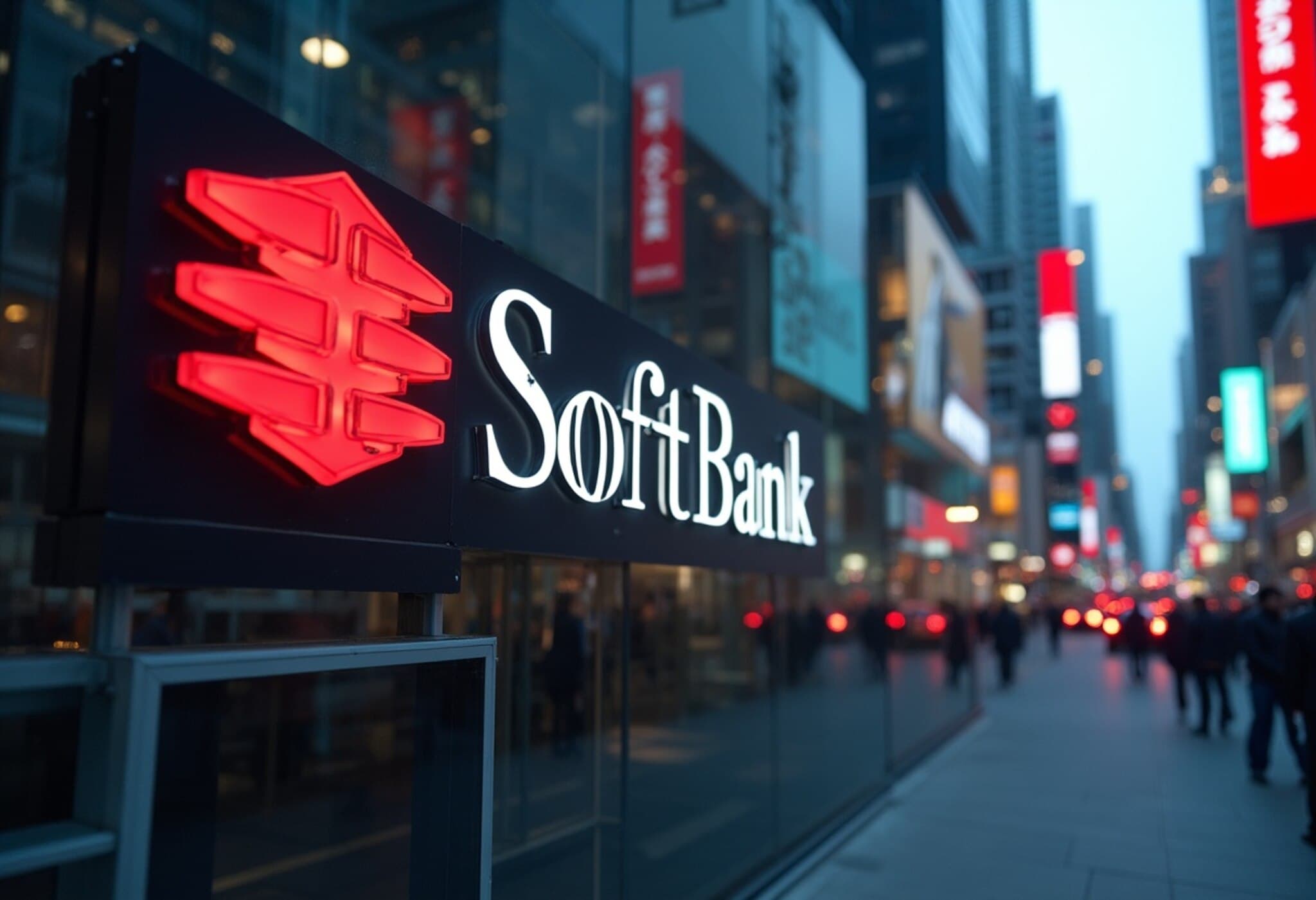Meta’s Ambitious Bid to Become the AI Powerhouse on Your Devices
As the race to dominate the artificial intelligence (AI) landscape intensifies, Apple and Google have long been viewed as the frontrunners—primarily because they control the smartphone operating systems that billions rely on daily. But a compelling contender is quietly reshaping the narrative: Meta, the social media behemoth behind Facebook, Instagram, and WhatsApp.
A Hidden Giant in AI with a Massive User Base
According to Clare Pleydell-Bouverie, co-head of the Global Innovation Team at Liontrust Asset Management, Meta holds a unique advantage that many overlook. "It's a battle right now in Big Tech to be the user interface for AI, and Meta actually has an extraordinary distribution advantage because they're in the pockets of 3.48 billion daily active users," she told CNBC.
This vast ecosystem offers Meta access to some of the most rich, personal, and real-time consumer data available today, spanning social interactions, communications, and content sharing. For AI development, few companies can rival such an extensive, dynamic data reservoir.
From Social Media to AI: Meta’s Strategic Transformation
Once pigeonholed as a social networking company, Meta is doubling down on its AI ambitions. The company is investing billions in AI infrastructure, including advanced data centers and custom silicon chips, while aggressively recruiting top AI talent. In June, CEO Mark Zuckerberg unveiled Meta Superintelligence Labs, signaling a renewed emphasis on pioneering AI technologies.
Meta’s AI efforts have so far enhanced personalization in advertising and user engagement across its apps. More notably, it has launched Meta AI, a chatbot integrated into popular platforms like WhatsApp and Instagram, positioning itself directly in the consumer AI arena alongside rivals such as OpenAI's ChatGPT and Google's Gemini.
The Advantage—and Challenge—of Not Owning an Operating System
Despite its colossal user footprint, Meta faces a significant hurdle: unlike Apple or Google, it does not own the operating system where these AI services will predominantly live. This means Meta’s tools operate on platforms largely controlled by competitors, making integration and seamless AI access more complex.
Ben Barringer, a technology analyst at Quilter Cheviot, explains, "Meta does not own a platform like Microsoft or Apple—it’s a collection of apps hosted on others' operating systems. Therefore, Google, Apple, and Microsoft can more easily embed AI features system-wide, giving them a strategic edge."
Ian Fogg from CCS Insight echoes this sentiment: "Personalized AI requires understanding individual device data and usage patterns, areas where OS developers inherently have a leg up." As AI’s future shifts toward highly tailored, context-aware digital assistants, owning the OS could prove decisive.
Rethinking the Future Operating System: The Rise of Agentic AI
Yet, there is growing speculation that the concept of operating systems themselves may evolve. Pleydell-Bouverie envisions "the OS of the future as an agential AI platform," where AI assistants autonomously manage tasks for users, transforming interaction paradigms away from traditional apps.
Meta’s pivot towards the "metaverse"—a digital universe where users interact through avatars—though still nascent and financially demanding, could be part of an effort to carve out a new kind of operating environment that prioritizes AI-infused, immersive experiences.
"Zuckerberg’s pursuit of the metaverse is partly an attempt to develop a proprietary platform where Meta controls the entire user journey rather than being dependent on others,” Barringer notes. Such a platform could serve as a fertile ground for Meta’s AI ambitions to flourish, potentially redefining digital ecosystems.
Broader Implications and Unanswered Questions
- Data Privacy and Ethics: With Meta’s vast access to highly personal data, how will it balance AI innovation with stringent privacy safeguards amid growing regulatory scrutiny?
- The AI Ecosystem and Competition: Could Meta’s approach catalyze a shift in consumer device dynamics, challenging entrenched OS providers?
- Consumer Adoption and Trust: How will users react to AI agents embedded within social media platforms compared to OS-level integrations?
These questions highlight the complexity of AI’s trajectory in consumer technology and underscore why Meta’s evolving role deserves closer attention.
Editor’s Note
Meta’s plunge into AI underlines a transformative moment: control over user interfaces and data is becoming as critical as owning the hardware. While Apple’s and Google’s OS dominances remain powerful, Meta’s unparalleled social data and aggressive AI bets could disrupt the status quo. Watching how Meta navigates its OS limitations and regulatory challenges will be key to understanding the future of AI-driven digital experiences on our devices.
















